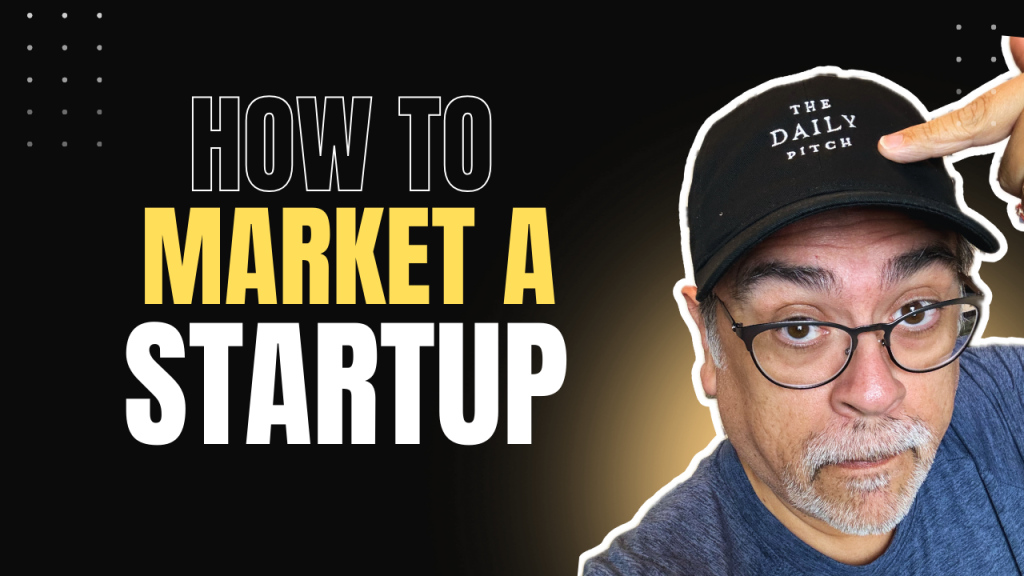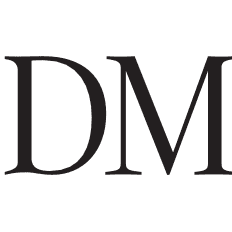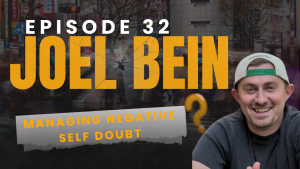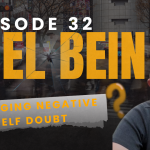Launching a startup is exciting, but marketing it? That’s where most founders hit the wall. When you don’t have a massive budget, figuring out how to market a startup can feel like trying to shout in a crowded stadium. The good news: content and community still work. And my recent trip to VidFest Expo in Atlanta reinforced that founders who leverage content marketing for startups can grow, even without millions to spend.
Here’s my honest review of the event, the lessons I’m bringing back to DissedMedia, and the startup marketing strategies you can put into practice right now.
Why VidFest Mattered for Startup Founders
I went into VidFest not knowing what to expect. Would it be a flashy influencer scene? Another hype-driven event with little substance?
What I found instead was a group of creators and entrepreneurs, people who are building real businesses through content. From Roberto Blake, who delivers the ultimate YouTube guide for standing out in a saturated market, to Gabe Aluisy, who shared how to get your first 100 subscribers with niche golf content, every speaker added something valuable.
The takeaway: content isn’t a side project, it’s the business model. And that’s both empowering (you don’t need millions to build an audience) and challenging (you need consistency, clarity, and a strategy).
The Question Every Founder Must Answer: What Do You Sell?
One of the most important moments at VidFest didn’t even happen on stage. In a hallway conversation, Brandon Birkmeyer asked me a simple question:
“What do you sell?”
And honestly? I stumbled.
Like many startup founders, I’ve been focused on content, community, and growth. But revenue clarity is non-negotiable. If you can’t articulate your offer in one sentence, your content will build awareness, but not a sustainable business.
Lesson for founders: Marketing starts with clarity. Before you post another video, article, or tweet, write down your revenue-generating product or service. Every piece of content should ladder up to that.
YouTube: Still the Growth Engine
VidFest reinforced something I’ve been seeing in my own numbers: YouTube is still the most powerful growth platform for startups.
I tested a paid promotion strategy on one video. The results were huge, over 2,000 views and 208 new subscribers in a single week. While I don’t plan to rely on paid boosts long-term, it proved the point:
- Video accelerates trust.
- A single good video can reach more people than weeks of blog posts.
- Subscribers = long-term leverage.
Moving forward, my focus is on SEO-optimized YouTube content that drives organic growth, something every startup founder should consider.
Speakers Who Left an Impression
Some of the creators who stood out at VidFest include:
- Roberto Blake – building a strong YouTube presence with 635K+ subscribers.
- Gabe Aluisy – sharing how he hit over 100K subscribers through niche golf content.
- Lissa Lumutenga – explaining how to leverage YouTube metrics with a team.
- Ben Albert – showing how video interviews can become business social proof.
- Robin Nathaniel – revealing ways to connect with audiences in unforgettable ways.
- Ramces Rouzard – sharing affordable YouTube setup hacks for creators on a budget.
- Bernadette Joy – helping creators hit their first 1,000 subscribers as thought leaders.
Content Marketing for Startups: What Works in 2025
Here are the big takeaways from VidFest and my own experiments:
- Video-first beats text-only
Articles are valuable for SEO, but short-form clips and YouTube videos build trust faster. Use both. - SEO isn’t optional
Whether it’s YouTube, LinkedIn, or your own blog, optimizing for search makes your content work 24/7. - Community drives consistency
Being surrounded by other creators reminded me: consistency is easier when you’re not doing it alone. Join communities, masterminds, or founder groups. - Analytics tell the truth
Creators like Gabe Aluisy and Lissa Lumutenga demonstrated how analytics can uncover opportunities to improve your strategy. - Revenue focus keeps you grounded
Content without a product strategy is just noise. Anchor every post, video, or campaign back to your offer.
My Honest Review of VidFest Expo
So was VidFest worth it? Absolutely.
- The speakers delivered actionable strategies (not just hype).
- The networking connected me with people who “get it.”
- I left with clarity on where DissedMedia should focus: video, SEO, community, and revenue clarity.
The event also reminded me that startup marketing is not about hacks, it’s about systems. Systems for creating, distributing, and optimizing content until it compounds.
How You Can Apply This to Your Startup
If you’re wondering how to market your startup this year, here’s a simple framework inspired by VidFest:
- Define your offer clearly
Be able to answer in one sentence: What do you sell? - Pick one main platform
If you’re just starting out, choose either YouTube, LinkedIn, or TikTok, where your audience already hangs out. - Create SEO-optimized content weekly
Focus on keywords your audience is searching (like how to market a startup or content marketing for startups). - Engage with community
Join events, forums, or Slack groups where your peers are. Collaboration multiplies reach. - Measure one key metric for 30 days
Whether it’s subscribers, impressions, or email signups, track one metric obsessively, and adjust based on data.
Final Thoughts
Marketing a startup doesn’t require millions, it requires clarity, consistency, and community.
VidFest 2025 reminded me that the founders who win aren’t the ones with the biggest ad budgets. They’re the ones who:
- Show up weekly with valuable content
- Understand their audience’s problems
- Tie every piece of content back to a clear offer
If you’re building a startup this year, start with one video, one article, or one podcast episode. Keep going. Optimize as you learn. And always, always remember: your startup isn’t just a product, it’s a story worth sharing.







































